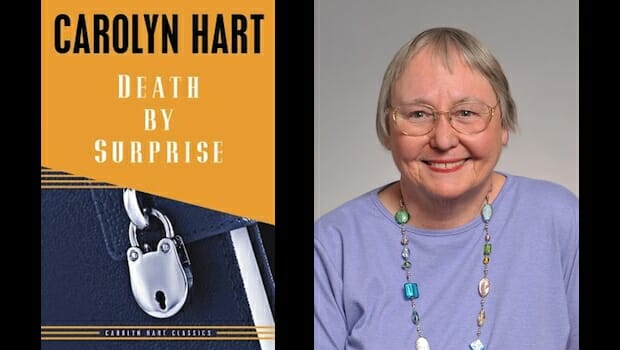The year 2013 was, once again, a year of turmoil for the publishing industry. The market is inundated with new book releases every single day. Publishers continue to struggle with a new publishing paradigm, yet one thing remains. There are still some very good writers producing quality work. Here’s a quick look back at quotes from six New York Times Bestselling authors during interviews this past year. Each name links back to the full interview. While all of these writers say they write for entertainment, note the common thread: they all write about issues that make people care.
Margaret Coel: “After I have finished a novel and stepped back a little, I can usually see what the novel was about. It struck me, after I had finished writing ‘Killing Custer,’ that it is about borders and the way in which we have to negotiate borders throughout our lives. Vicky and Father John have both crossed geographic and cultural borders. The re-enactors in the story cross the borders of time. A gay character crosses gender borders.”
CJ Lyons: “As a writer my job is to create situations where my characters face their greatest fears. But, if you’re facing dying at any moment of any day, it’s pretty tough to come up with a greater fear to face and overcome. And so, Scarlet was created. A naïve and sheltered young lady who knows everything about dying but nothing about living.”
Phillip Margolin: “I take my writing very seriously. I try to write the best book I can, but I don’t take the books themselves seriously. It’s like working on a Chinese box puzzle. I spend a lot of time thinking about the plot. I may think about a book for a year before I start writing. I’m very conscientious and want to entertain readers. My main objective when I write is to get you from Portland, OR to New York without having you realize you got on a plane. I do inject some moral dilemmas into my novels to make things more interesting, but my goal is to write for entertainment.”
Scott Turow: “I am a longtime antagonist to the argument that spending money on politics is a form of free speech that is not subject to regulation. ‘Identical’ certainly illustrates the extremes we’ve reached, with an eccentric billionaire, on the basis seemingly of no more than a hunch, filling the airwaves with commercials accusing a mayoral candidate of murder.”
F. Paul Wilson: “[Repairman] Jack has no Social Security number, no official id, and lives below the radar. The subtext and irony of the series is that here’s a man who has spent his life searching for personal autonomy and learns that his life has been controlled since he was a kid. Since 9-11 everywhere you turn there’s a TV camera recording street traffic or people walking in and out of stores. Jack started before 9-11 and grew up when Social Security numbers were optional. In the mid 80s, we added Social Security numbers at birth. Jack only works for cash. The book, underneath it all, is about how you can live that way.”
Carolyn Hart, the venerated mystery author who recently released her 51st book, described the working writer’s life—and dilemma—best of all: “You don’t start out to write 51 books, but write them one at a time. These days, publishing is much more focused on the bottom line than the quality of the fiction.”

